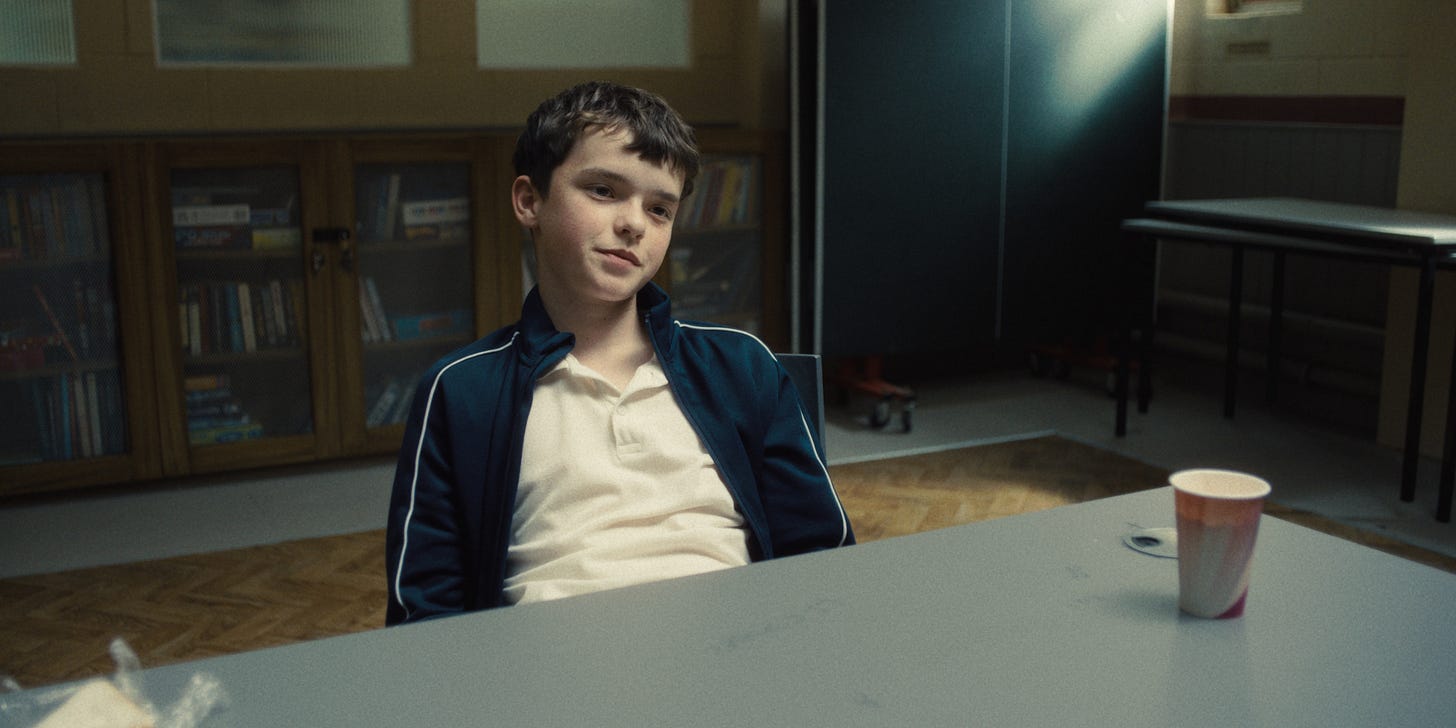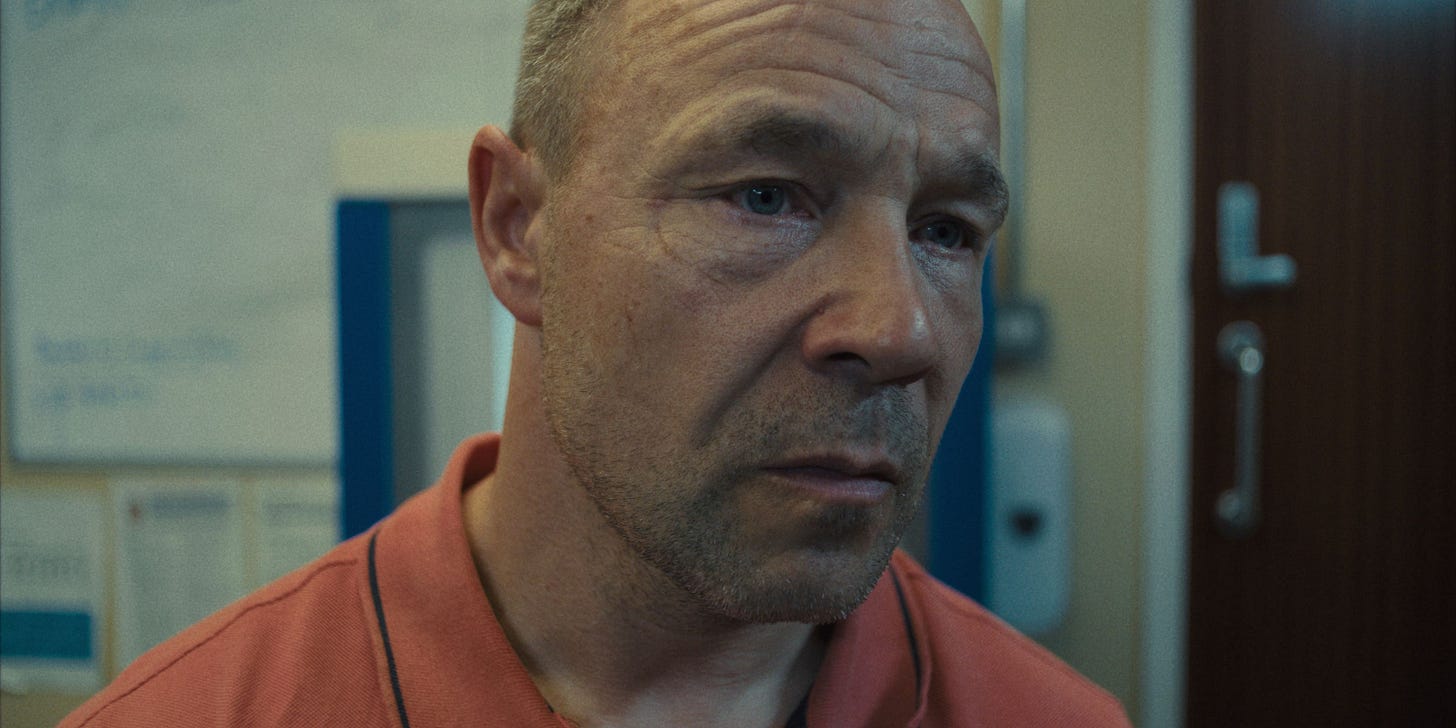The sentence in Adolescence that broke me as a parent
Everything falls apart in 5 words of the Netflix show's final episode
[This article contains spoilers for the Netflix show Adolescence]
There are plenty of devastating moments in the Netflix drama Adolescence. But as a parent of young boys, none of them hit me more forcefully than five words spoken by Stephen Graham’s character Eddie, in the show’s heartwrenching final episode.
“We thought he was safe”.
He’s talking about his thirteen-year-old son Jamie, who kills his schoolmate Katie after slipping into an online world of misogyny. The show has exploded in the global consciousness: it was the most-watched show on Netflix in the US last week, and has been a watershed moment for conversations about the online radicalisation of boys.
The final episode shows Jamie’s parents wrestling with if they could have prevented what he did. Yes, they may not have had as much time for Jamie as they wanted to. Yes, Eddie has a serious temper. Yes, Jamie used to spend hours at night on his computer. But his parents had always assumed that he was protected at home in his bedroom. It’s when Eddie tells his wife “we thought he was safe” that you see their world completely unravel.
Adolescence shows how that basic foundation of home and family as a shield has been upended, as teenagers grow up online in a world their parents can’t imagine. A world where they can connect with the ideas of dangerous adult men.
Adolescence co-creator Jack Thorne has said that when writing the show, he and Stephen Graham talked about “the last few years in that family, and the moment Jamie just disappeared… It just happens. He’s gone. He’s locked behind the door, and he’s in another world, and the parents think it’s fine.”
It is deliberate that Jamie never mentions misogynist "influencer" Andrew Tate in the show. Tate comes up a few times, but it’s the adult characters who make the connection. The culture that has touched Jamie is far more insidious: it doesn’t need a figurehead, it’s an entire way of thinking.
Jamie’s mum notes that he would turn his computer off if he was caught using it at night, but “he’d never say anything” to her, showing how he simply stopped communicating with her. He was indoctrinated in the most banal, quiet way, without anyone realising. Boys radicalised by social media aren’t an army of outspoken mini Andrew Tates, they are outwardly normal kids.
One of the most frightening moments in the show is when a worker in a DIY shop pulls Eddie aside and tells him he - and lots of others - support Jamie.
Related Articles
Crucially, we don’t get far inside the ‘manosphere’ in the show. It is seen through the eyes of parents, police officers and teachers, most of them scrambling to catch up to what’s happening in private digital spaces. As viewers, we also feel that distance. We slowly realise that Jamie was never safe.
Though fictional, Adolescence is grimly real in its subject matter. Just last week a 19-year-old Brit was sentenced for killing his family and planning to kill school children. A judge said he “fell down an internet rabbit hole”.
The show doesn’t offer a solution, but director Philip Barantini has said: “keep an eye on your children”. But that can’t be enough. The problem is bigger than parents who don’t or can’t notice, and bigger than banning phones in schools. We need a cultural and educational overhaul, to ask what kind of society we are creating for children as they live increasingly online.
We should be talking in schools, in the media and to parents: about the internet, about subcultures, about what is and isn’t genuine and what isn’t, and about communication between generations.
For me, as a parent of two little boys, the more terrifying story is not about where Jamie went, it’s that his parents couldn’t follow him there.







